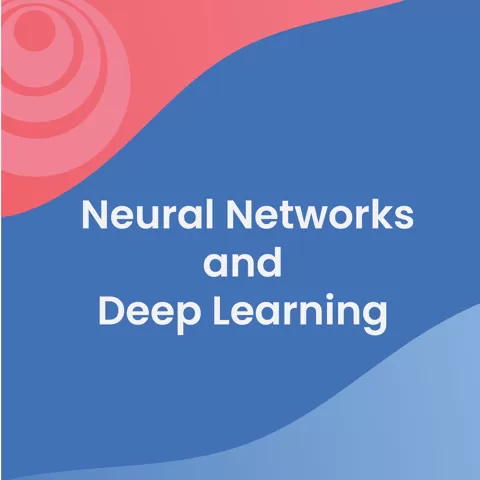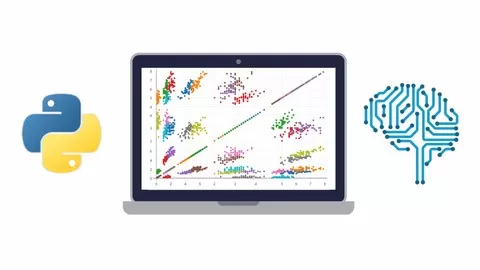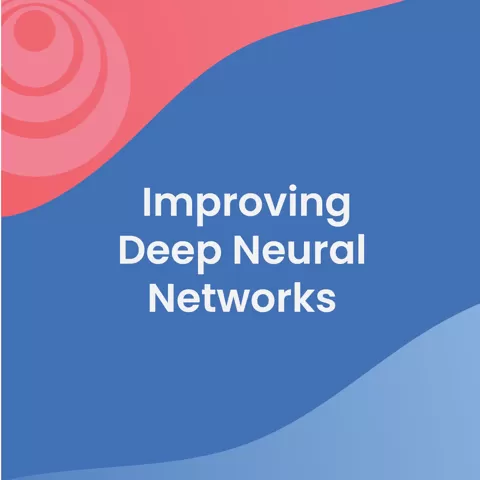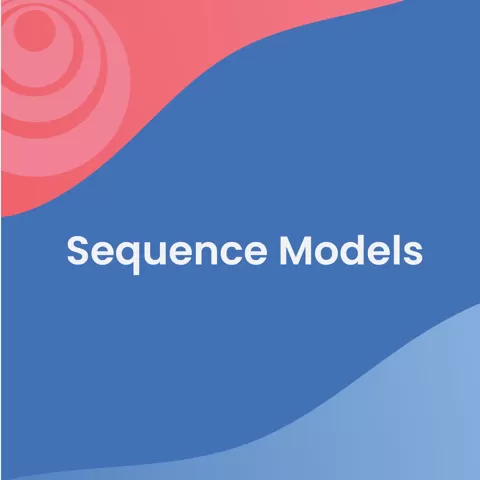Case Studies: Analyzing Sentiment & Loan Default Prediction
In our case study on analyzing sentiment, you will create models that predict a class (positive/negative sentiment) from input features (text of the reviews, user profile information,…). In our second case study for this course, loan default prediction, you will tackle financial data, and predict when a loan is likely to be risky or safe for the bank. These tasks are an examples of classification, one of the most widely used areas of machine learning, with a broad array of applications, including ad targeting, spam detection, medical diagnosis and image classification.
In this course, you will create classifiers that provide state-of-the-art performance on a variety of tasks. You will become familiar with the most successful techniques, which are most widely used in practice, including logistic regression, decision trees and boosting. In addition, you will be able to design and implement the underlying algorithms that can learn these models at scale, using stochastic gradient ascent. You will implement these technique on real-world, large-scale machine learning tasks. You will also address significant tasks you will face in real-world applications of ML, including handling missing data and measuring precision and recall to evaluate a classifier. This course is hands-on, action-packed, and full of visualizations and illustrations of how these techniques will behave on real data. We’ve also included optional content in every module, covering advanced topics for those who want to go even deeper!
Learning Objectives: By the end of this course, you will be able to:
-Describe the input and output of a classification model.
-Tackle both binary and multiclass classification problems.
-Implement a logistic regression model for large-scale classification.
-Create a non-linear model using decision trees.
-Improve the performance of any model using boosting.
-Scale your methods with stochastic gradient ascent.
-Describe the underlying decision boundaries.
-Build a classification model to predict sentiment in a product review dataset.
-Analyze financial data to predict loan defaults.
-Use techniques for handling missing data.
-Evaluate your models using precision-recall metrics.
-Implement these techniques in Python (or in the language of your choice, though Python is highly recommended).





